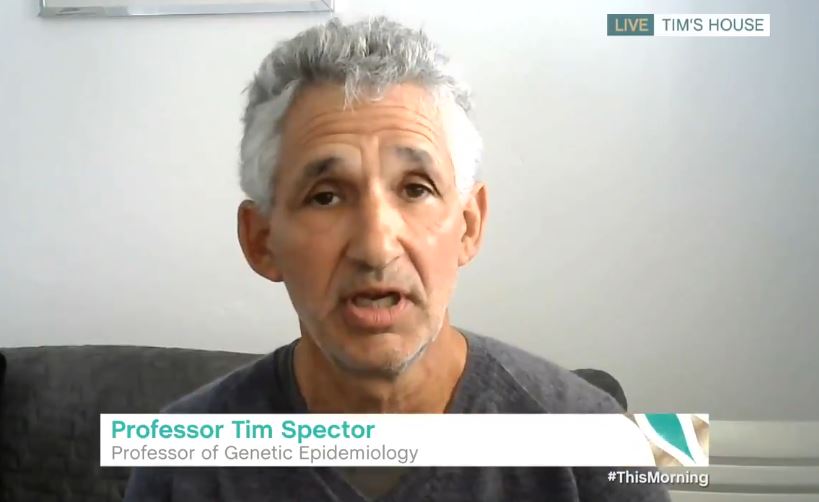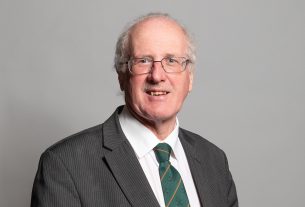A leading scientist has warned the latest Covid data suggests “the start of an epidemic in the young”, putting more pressure on the government to delay lifting restrictions on June 21.
Fears that ‘Freedom Day’ will be postponed are rising following confirmation that the UK’s R rate for the coronavirus is back above one.
The latest figures show daily cases – 5,274 reported on June 3 – at their highest rate since March 22. Public Health England said the Delta variant – also called the B.1.617.2 variant first identified in India – is accounting for three-quarters of new cases in the UK and is proving more resistant to vaccines. Their report warns there is early evidence to suggest the Delta variant is linked to an increase risk of hospitalisation compared to previously identified variants such as the Alpha (indentified in Kent).
The World Health Organisation’s special envoy on Covid-19, Dr David Nabarro has warned the UK risks another spike in infections by lifting restrictions too early, and added that “vaccine beating” variants are highly likely to emerge.
Nabarro told Sky News the UK has to be “doubly careful” given the presence of new variants, and urged everybody to “please continue to treat this virus with respect.”
‘Too early to tell of impact on hospital admissions or death rate’
A study by King’s College London – based on the Zoe Covid Symptom Study app (formerly known as the Covid Symptom Tracker) reveals Covid-19 rising in all but three parts of the UK – Wales, Yorkshire and Humberside, and, the East of England.
The app was launched by “health science company” Zoe and asks users to provide daily reports to enable King’s College to analyse the science and “predict who has the virus” in order to track infections across the UK and “now other countries”.
It has been downloaded 4.2 million times and is the “world’s largest ongoing study” of the virus.
Analysis of the data uploaded by the millions of users shows one-in-1,090 people have a symptomatic infection and that overall, there are 10 times more cases in under-40s as compared with over 60s – 140 cases per 100,000 for people in their 30s compared to 14 cases per 100,000 older people. The rate is even higher for those in their 20s with 160 cases per 100,000.
Prof Tim Spector, who led the study, said “the data highlights that the increase is happening in the younger age groups, suggesting the start of an epidemic in the young.”
Spector is calling for some restrictions to remain in place after June 21, warning: “We can’t be too complacent, and we are monitoring things closely.
“The ending of lockdown is on everyone’s minds and given the current situation, I believe we should continue to soften restrictions but not lift them all just yet.
“While unlikely, it’s too early to tell if these increases are going to have any impact on hospital admissions or death rate.
“The government said it would use data, not dates to make key decisions.”
Spector – a cofounder of Zoe Global Limited – said it is “sensible” for people to continue working from home to restrict transmission rates in offices and on public transport. He also recommends people continue to wear masks and “reduce overcrowding indoors”.
As well as the Covid app, Zoe is also “running the largest in-depth nutrition study in the world” – a project initiated 25 years ago when Spector, a professor of genetic epidemiology, “started his study of 13,000 twins, looking at genes, gut microbes and lifestyle”.
Total number of patients admitted is 466,758
The latest government figures show a total number of infections since the start of the pandemic to be 4,499,973. The total number of deaths of people in the UK is 127,812, having risen by 18 in the 24 hour period reported on Thursday.
There are 919 patients in hospital with Covid-19, 129 of which are on ventilation. The latest daily figure for patients admitted to hospital is 110 and 857 over the last seven days – 25 more, representing a 3% increase. The total number of patients admitted to hospital with coronavirus is now 466,758.
Vaccines minister Nadhim Zahawi has confirmed that more than half of the UK’s adult population – 26,422,303 – have received two jabs, a day after it was reported that three-quarters of adults have received a first dose.




